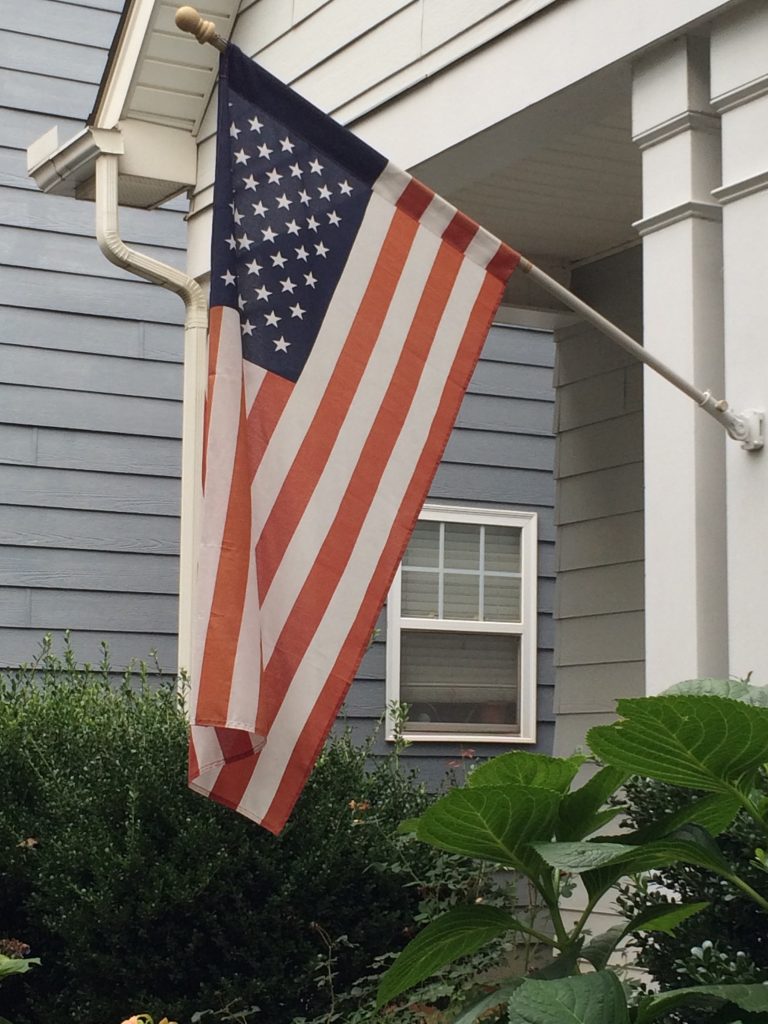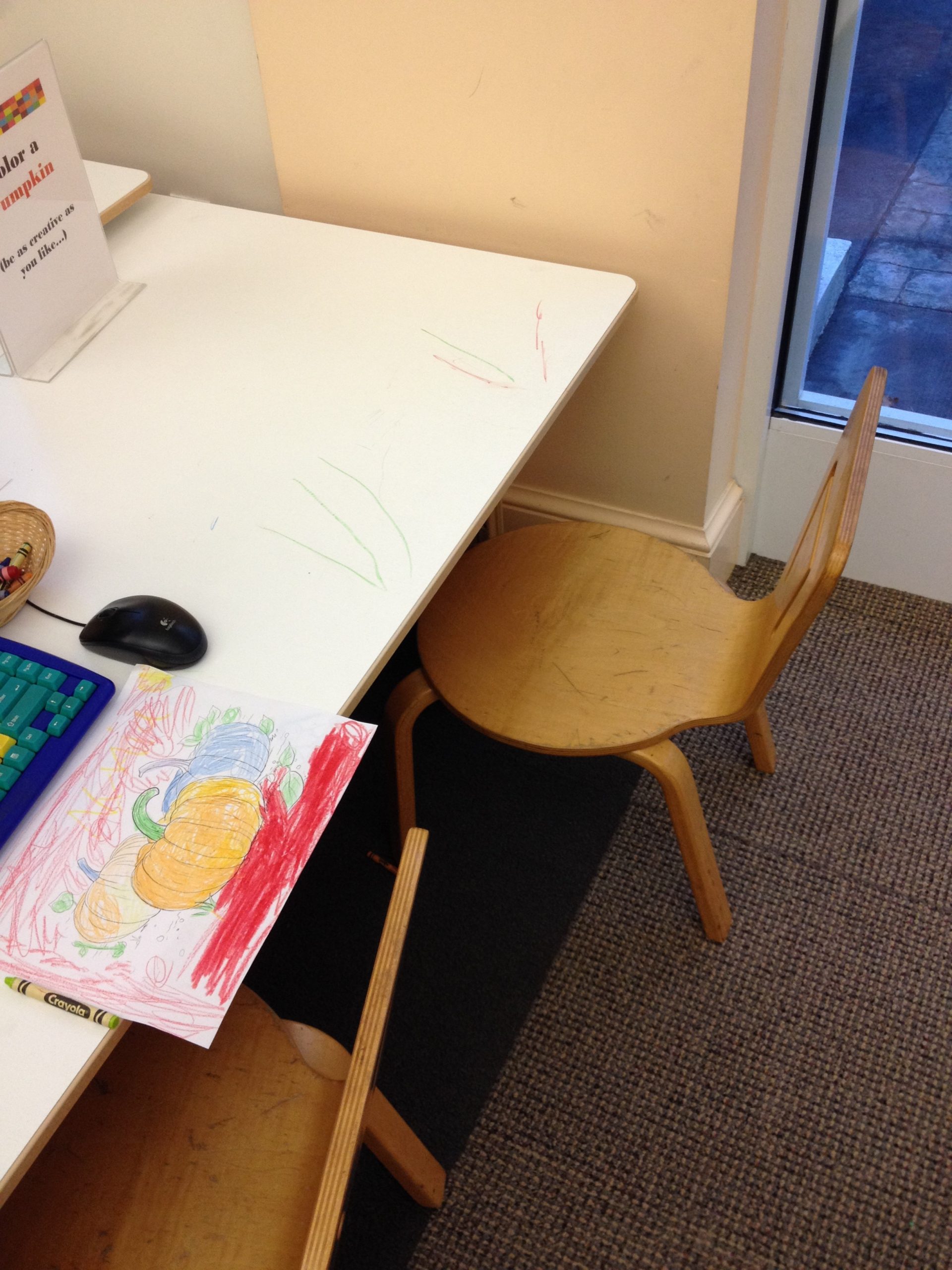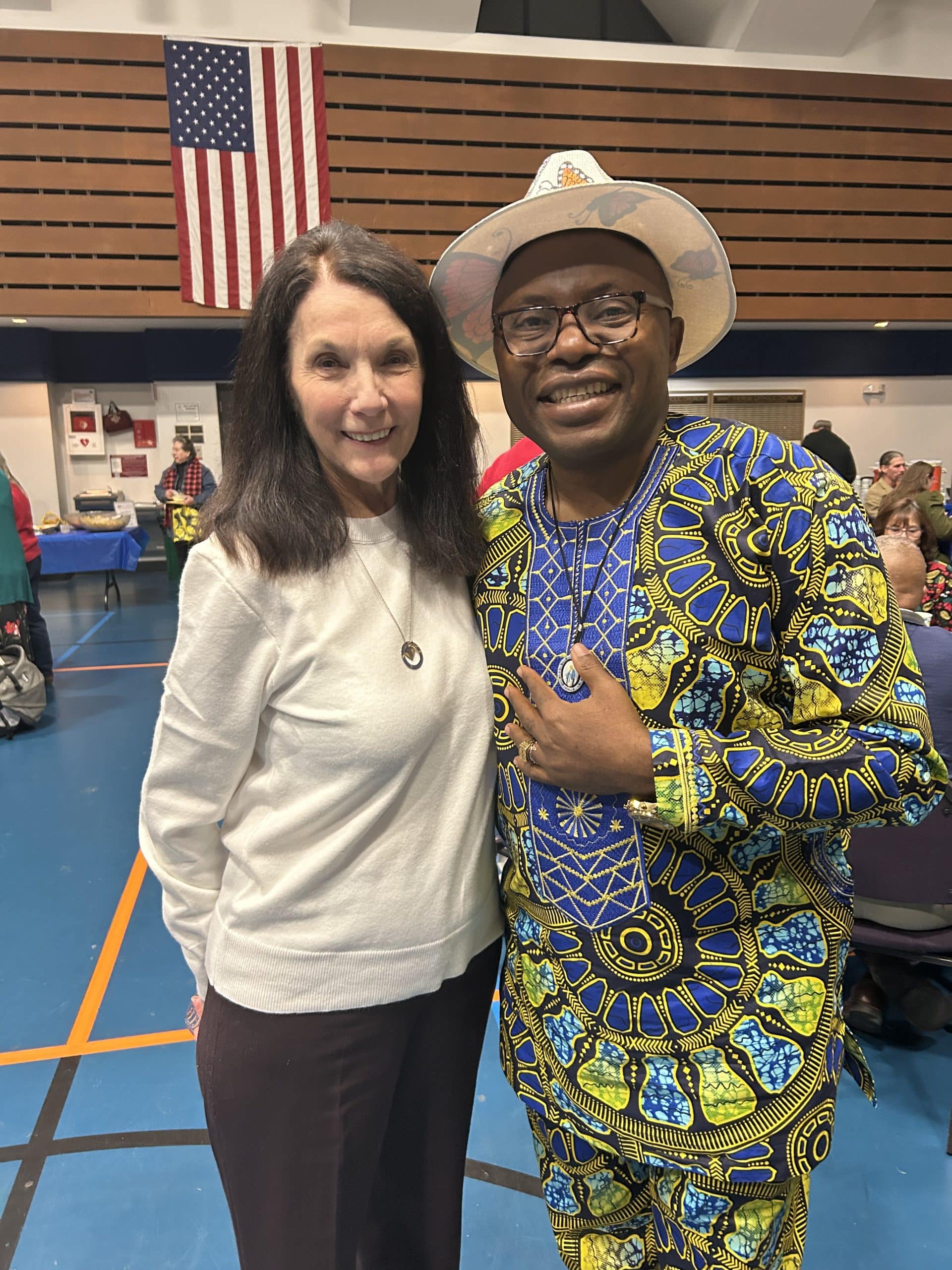Polarization of people’s politics has effects on children. It is not as simple as a disagreement among friends. Simple disagreements are normal. However, polarization occurs as people refuse to live next to a person that does not share the same political opinion. Also, it occurs as people do not send children to a racially integrated school. As people cluster in groups of the same political issues they form tribes. In the ‘tribe’, a difference of opinion constitutes a betrayal to the group.
Thus, polarization effects families and causes stress on children. Opposition in political views makes it impossible to have a conversation. An ABC News survey found many people experience an increase in tension with politics in the news. Thus, a fracture in the family occurs during family gatherings.
Political polarization is a problem families face. A children’s book illustrates the dangers of polarization to children. Parents need to equip children to understand political polarization. They need awareness of how to understand, compromise, and have a peaceful existence.
Polarization, Politics, and Children
A concern of a polarized family is that it will affect other behaviors and attitudes outside of politics. However, there is no true data that children choose to adopt the beliefs of their parents. Some parents try to indoctrinate children into a political viewpoint at a young age. It is understandable parents feel they have a duty to see that their children adopt their beliefs. Still, planting seeds early in a child’s life is the fastest way for the child to rebel later.
The political education of children needs to start early on how politics and government work. Children need to learn and discuss issues they hear about on social media, the news, and their friends. Thus, they can form opinions and views on their own. Family discussions on various political issues bond families.
In addition, families that have discussions on politics have children that can see different viewpoints. Thus, they formulate their own opinions and do not become stressed from polarization.




